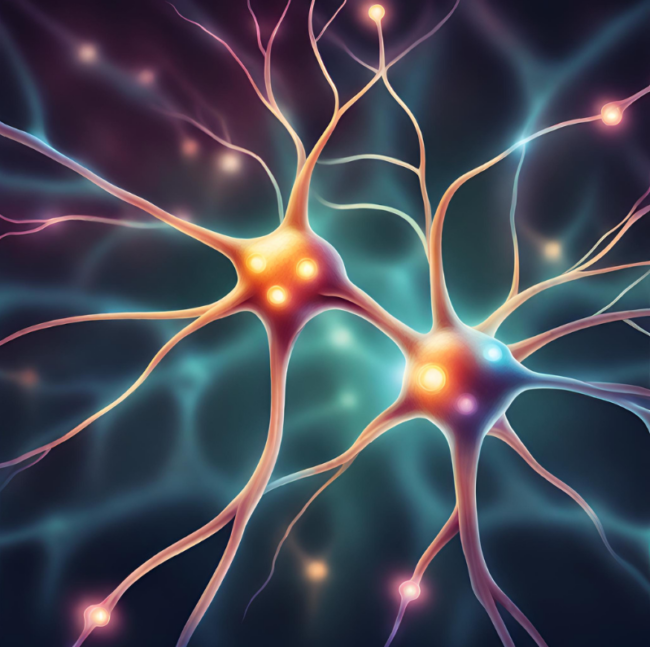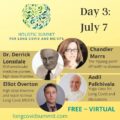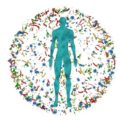Huntington’s disease (HD) is a genetically caused brain disease. The inheritance is an autosomal dominant gene, which means that only one individual, either male or female, can pass the gene to offspring. Albeit rare, it is a neurodegenerative condition, characterized by progressive motor, behavioral and cognitive decline, ending in death. The underlying genetic mutation for Huntington’s was discovered more than 20 years ago, nevertheless, traditional treatment remains focused on symptom management. Chorea (epitomized by an array of bodily twisting movements) is the most recognizable symptom and this does respond to one type of medication, but it is inadequate.
Neuropsychiatric symptoms may precede the classic motor symptoms of the full-blown disease by decades and this may well be extremely important in assessing a newly discovered linkage between Huntington’s disease and thiamine. In the publication, the authors discuss the prospect that megadose thiamine treatment may improve outcomes. In the abstract, the authors provide a background. “Although promising gene silencing therapies are being tested for Huntington’s disease, no disease modifying treatments are available”. Thus, they turned to a study involving alternative molecular mechanisms that are highly technical and beyond this post. It involved the study of a great number of genes that had been damaged by this mechanism. One of the affected genes was a protein that is one of the essential factors that enable thiamine to enter cells. Because thiamine works inside body cells, its absorption requires a number of these proteins, depending on the part of the body where thiamine becomes essential to its function. They are known as transporters.
This damaged transporter gene, if genetically mutated, causes a biotin (another B vitamin) and thiamine dependent neurological disease (biotin/thiamine dependent basal ganglia [BTBG] disease). These investigators concluded that Huntington’s disease was really a BTBG-like thiamine deficiency and therefore had an easy to implement treatment. This is easier to accept, because of the dramatic publications of Costantini and his coauthors. Starting in June 2015, they published a report that they had found significant clinical Improvement in 50 cases of Parkinson’s disease with high dose thiamine. They have reported similar clinical benefits in Friedreich’s ataxia (another neurodegenerative disease), Multiple Sclerosis and Fibromyalgia, suggesting that each of these diseases, rather than having separate causes, are all energy dependent manifestations of disease.
In my own experience, I was confronted with a young woman who had been diagnosed with Multiple Sclerosis. I treated her successfully with high dose thiamine. She and her husband went to live in Italy for business purposes and she would call me annually for a resupply of nutrients.
I was impressed by the information that neuropsychiatric symptoms can appear in a person decades before the appearance of HD symptoms. It made me wonder whether, in some cases if not all, medical refusal to recognize vitamin deficiency symptoms had resulted in a gradual worsening that eventually became the symptoms of HD. There is no dispute over the genetic background of HD. What I am suggesting is that the abnormal gene requires another “stress” factor to become active like the genetic aspects of diabetes type 1 and possibly type 2.
We Need Your Help
More people than ever are reading Hormones Matter, a testament to the need for independent voices in health and medicine. We are not funded and accept limited advertising. Unlike many health sites, we don’t force you to purchase a subscription. We believe health information should be open to all. If you read Hormones Matter, like it, please help support it. Contribute now.
Yes, I would like to support Hormones Matter.
Image created using Canva AI.
This article was published originally on November 8, 2021.














Excellent article. Your thiamine articles tie so many pieces together for my family’s health history. Thank you!
Dr. Lonsdale, could you please tell me how much phosphorous is in a capsule of 50 mg allithiamine? An estimate is fine, I’m just curious.